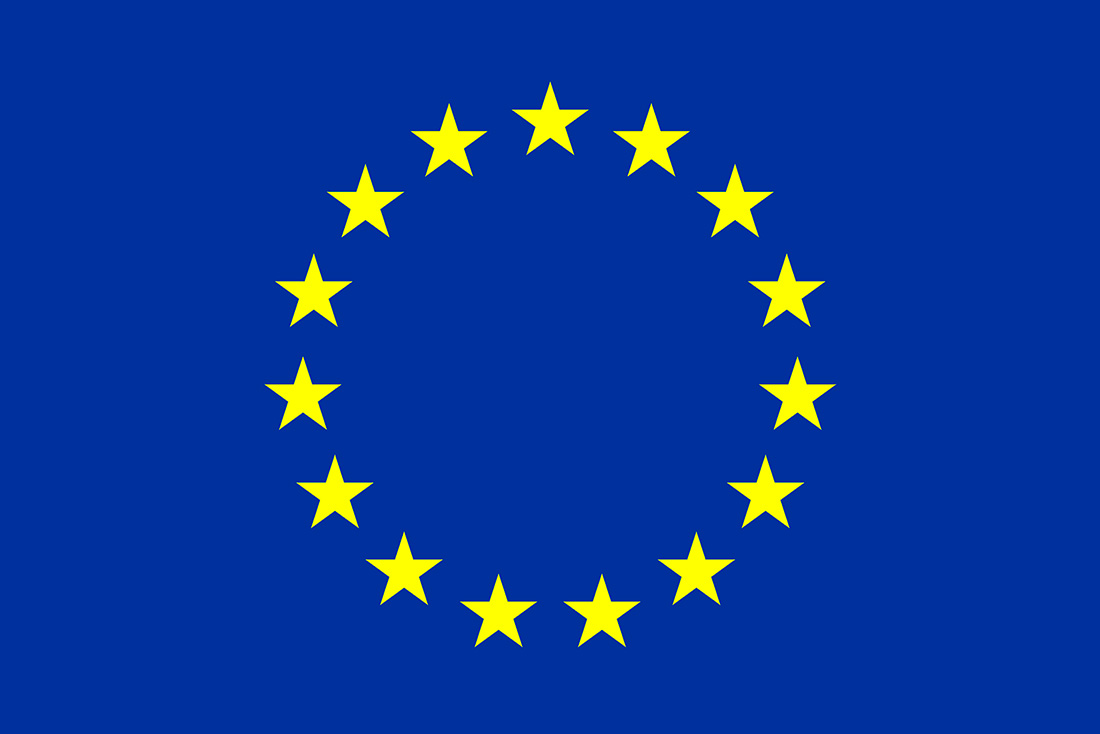Europe Day symposium 8 May 2024

Welcome to a half-day symposium hosted by the Joint Faculties of Humanities and Theology at Lund University in collaboration with the Faculty of Social Sciences and the Faculty of Law and supported by the Centre for Modern European Studies (CEMES) network of Lund University, Malmö University, and the University of Copenhagen.
The 9 May marks the anniversary of the Schuman Declaration signed in 1950 and it has become the main event in the celebration of peace and unity in the European Union (EU). It is also an opportunity to engage with broader European debates including interrogating the state of the union, the challenges facing Europe as a continent and the continuity of Europe as a historical, social and political idea. As the European Parliament elections will be held on June 6-9th this year, Europe Day is this year also an occasion to discuss key challenges on the EU agenda and the role of the EU citizens in shaping the future of Europe.
The CEMES Europe day symposium 8 May 2024 marks the first of an annual event aimed to facilitate interactions between Lund University, Malmö University, and the University of Copenhagen on matters of contemporary Europe. The Europe day symposium will rotate between the universities providing an annual opportunity for intellectual exchange and connection.
This event specifically targets students at Lund, Malmö and Copenhagen Universities and will serve to launch the CEMES student-group. The symposium will consist of a student-led session and two panel discussions with an emphasis on interdisciplinary perspectives on Europe.
For those who sign up for the event before 1 of May, lunch sandwiches will be provided!
| 12:30 - 13:00 | Welcome and lunch sandwiches |
| 13:00 - 13:15 | Introduction |
| 13:15 - 14:15 | Launch of the CEMES student group and an interactive activity |
| 14:15 - 15:15 | Panel 1: Borders and Boundaries |
| 15:15 - 15:30 | Coffee break |
| 15:30 - 16:30 | Panel 2: Democratic dilemmas and a new information environment in Europe? |
Panel 1: Borders and boundaries in contemporary Europe
Borders and boundaries of various sorts constitute central features of European integration. The EU aims to create a borderless area of free movement and overcome obstacles while simultaneously creating, maintaining, and reinforcing other borders. This panel discusses the relevance, function, perception and articulation of borders and boundaries and the spaces they create and divide in the EU. The panellists will discuss topics ranging from the EU’s changing borders since the 1993 Maastricht Treaty, the rising importance of cross border regions within the EU, and between the EU and its neighbouring countries, the effects of crises on EU borders in general and cross-border regions in particular, homes on the border, and connections between bodies, art, and migration. The interdisciplinary perspectives highlight the multifaceted cross-border interactions of countries and regions in the EU in terms of complex geographical flows of capital, commodities, money and people, the problems of managing cross-borders regions as well as opportunities they offer for exemplars of European integration, the role of EU law in creating, managing and protecting spaces resulting from EU integration, homes and borders, and the creation or expression bordering practices through bodies and arts initiatives in a postmigration context.
Moderator
Marja-Liisa Öberg, Faculty of Law, Lund University
Speakers
- Erin Cory, School of Arts and Communication, Malmö University
- Nikolaos Kapitsinis, Department of Geosciences and Natural Resource Management, University of Copenhagen
- Ian Manners, Department of Political Science, Lund University
- Rhiannon Pugh, Centre for Innovation Research (CIRCLE) and Faculty of Engineering, Lund University
- Henrietta Zeffert, School of Law, University College Cork
Panel 2: Democratic dilemmas and a new information environment in Europe?
In an era marked by unprecedented technological advancements and a rapidly evolving information and security landscape, European democracies face a myriad of democratic dilemmas. This panel will discuss the state of European democracy and the emergence of a new information environment. From the proliferation of social media platforms to the spread of disinformation and the distrust in traditional media channels, the panelists will explore how these factors intersect with democratic dilemmas in a European and EU specific context. Notably, the potential for EU enlargement adds another layer of complexity. Through interdisciplinary perspectives, the discussion aims to shed light on the complexities and historical experiences of navigating democratic dilemmas in the face of an ever-changing information ecosystem. Topics will include the role of technology in shaping political discourse, the impact of disinformation on public trust and elections, and strategies for safeguarding democratic values amidst technological disruption.
Moderator
Elsa Hedling, European Studies, Lund University
Speakers
- Hedvig Ördén. Psychological Defence Research Institute (PDRI), Lund University
- Bo Pettersson, Global Political Studies, Malmö University
- Emil Eiby Seidenfaden, The Saxo Institute, University of Copenhagen
- Anamaria Dutceac Segesten, European Studies, Lund University
After the event, the CEMES student group will organize a pub quiz. Students can sign-up for the post-event.
Please register for the event by writing to CEMES centre coordinator Emil Eiby Seidenfaden
